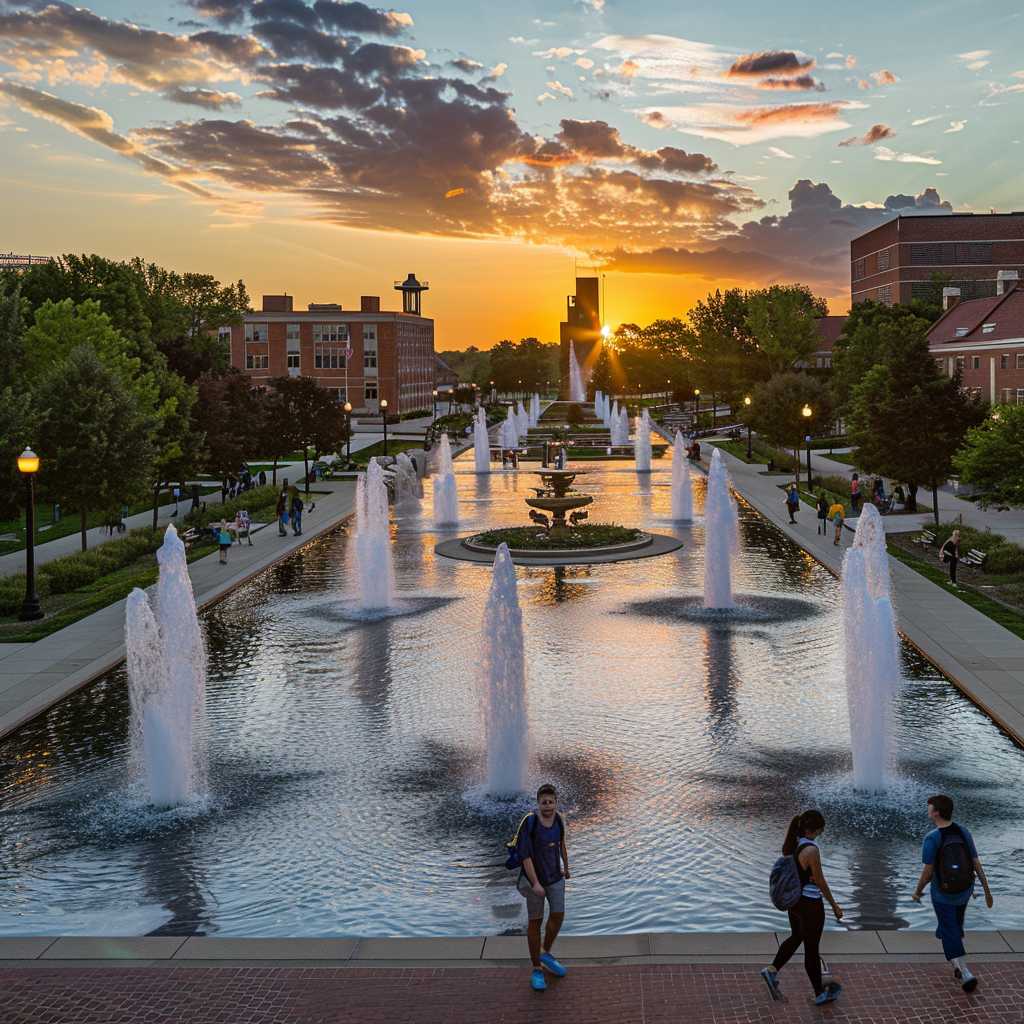An Overview of Purdue University
Purdue University is a public research university located in West Lafayette, Indiana and is one of America’s leading institutions in science, technology, engineering, and math (STEM) fields. Founded in 1869 after a land-grant from businessman John Purdue, the university has grown to have a significant impact on research, education, and innovation on both the national and international stages.
History and Founding
Purdue University was established under the Morrill Land-Grant Act, which required states to use the sale of federal land to fund institutions focused on agriculture and the mechanic arts. This act aimed to advance higher education and serve the labor class by providing practical knowledge in addition to scientific instruction. Honoring his financial contributions which led to its establishment, it bears the name of John Purdue. Since opening its doors on September 16, 1874, Purdue University has expanded from six instructors and 39 students to an institution with thousands of faculty and over 45,000 students.
Academic Excellence and Research Impact
The institution offers over 200 undergraduate majors, over 70 master’s and doctoral programs, as well as professional degrees in pharmacy and veterinary medicine. Known for its distinguished faculty, including Nobel laureates, National Medal of Technology winners, and National Medal of Science winners, Purdue stands at the forefront of academic research and scholarship.
With its flagship campus in West Lafayette offering disciplines ranging from liberal arts to aeronautics engineering, Purdue has etched its name into numerous fields of academia. The Purdue Polytechnic Institute is also noteworthy as it incorporates a polytechnic approach to learning, blending technology-infused education with practical and theoretical knowledge across various disciplines.
Research activities at Purdue cover various areas such as aerospace, engineering, science, agriculture, and pharmacy. The university is associated with major research institutes and facilities that offer opportunities for faculty and students to conduct groundbreaking work. Purdue’s Discovery Park serves as an interdisciplinary research hub for addressing global challenges related to health, energy, and environment through large-scale collaborations.
Campus Life and Student Experience
Student life at Purdue University is vibrant due to its diverse student body and wide array of student organizations. With over 1,000 student societies and clubs available, students engage in activities compatible with their interests outside the classroom environment. Additionally, these societies offer leadership opportunities that can boost interpersonal skill development. Purdue also forms a critical part of the Big Ten Conference for NCAA Division I sports teams that beckon robust campus spirit.
Community Outreach and Global Influence
Purdue has a strong commitment to community service with numerous outreach programs designed to involve students in civic engagement. Each year, thousands of students take part in volunteering activities plunging into issues such as sustainability, health care, literacy, and neighborhood development initiatives not only within Indiana’s borders but also internationally.
Moreover, while cultivating domestic talents, Purdue boasts of a notable international student population contributing to its reputation as a diverse institution. The university collaborates with peers worldwide fostering innovation through joint research initiatives and study abroad programs offering cultural exchange.
Technological Advancements and Innovation
True to its land-grant mission, Purdue consistently directs effort towards advancements benefiting society. Technological innovation at Purdue has given birth to multiple start-ups based on university research ventures. Purdue Research Park—a sprawl near the West Lafayette campus—is home to over 240 companies involved in high-tech research and development that fuels commercial adoption of new technologies.
